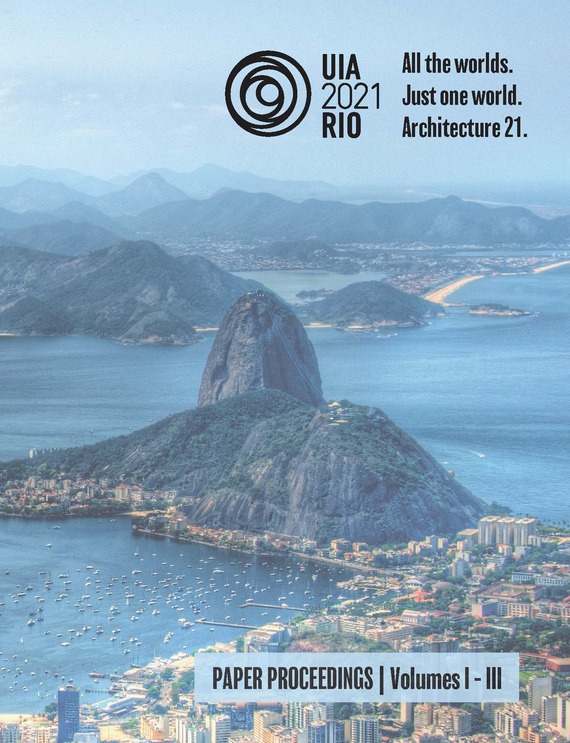Author(s): Ming Fang, Nian Wang & Zhengxu Zhou
The indigenous knowledge of remote mountainous communities is closely related to cultural diversity. Due to the steep terrain, limited habitat, difficulties in accessing natural resources and vulnerability to natural disasters, the mountain villagers have formed a set of indigenous knowledge, emphasizing the adaptation and moderate transformation of the environment, thus form a sustainable method of managing natural resources. The Jiabang rice terraces in Guizhou Province, southwestern China, locates deeply in the mountains, the isolated area of Jiabang Rice Terraces has kept the local farming traditions relatively intact. The Hmong people, an ethnic group who live in the area, use indigenous knowledge to create a unique “rice-fish-duck” eco-agricultural system and settle down for generations. Take three villages in the core area of Jiabang rice terraces as objects, this paper investigates the distribution patterns and relationships of Hmong cultural landscapes, summarizes their sustainable indigenous wisdom, describes the indigenous knowledge system followed by the local Hmong people in the process of building their homeland and managing natural resources, and explores the intergeneration differences in the cognitive level and inheritance of the indigenous knowledge system by local Hmong people. Moreover, the article also pays special attention to how the indigenous knowledge and culture play active roles facing a series of changes of the village brought about by urbanization and industrialization, especially in the mountainous areas where the relationship between man and land is relatively tight and the ecology is relatively fragile.
Volume Editors
ISBN
978-1-944214-31-9

 Study Architecture
Study Architecture  ProPEL
ProPEL 
